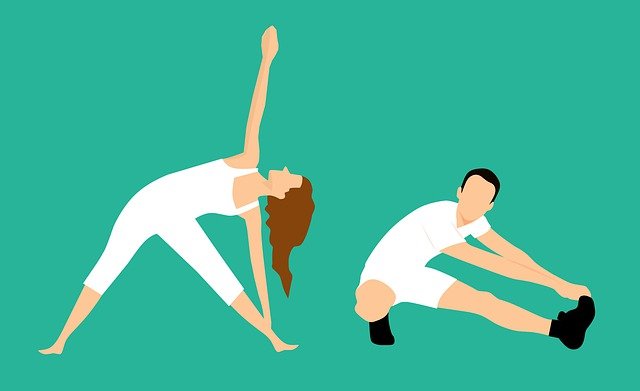
Obesity brings lots of risk to people’s physical and mental health.
Currently most weight loss programs focus on reducing body weight and improve heart and metabolic health.
However, overweight and obese people also need better physical activity, psychological and social support and improved well-being.
Can weight loss treatments also promote the quality of life in these people?
In a recent study, a group of scientists from Germany and Denmark answered this question. They wanted to know whether intensive lifestyle intervention could bring better quality of life years after.
In the study, 79 people from local communities were recruited. These people had a wide range of age between 18 and 60.
Before the intervention, each person’s BMI was higher than 28.
The intensive lifestyle intervention lasted 10 to 12 weeks. It was a long course away from participants’ daily living community.
In the intervention program, all people experienced calorie restriction, several hours of daily exercise and behavioral counselling. The participants stayed together and shared the goal of losing weight.
The researchers focused on how participants’ physical function, self-esteem, sexual function, public stress and work performance changed after the intervention program. All the 5 things mark the quality of life.
The results showed that on average, the participants lost 14.6 kg of body weight. In addition, in the follow-up tests years after the program, more than 70% of participants still weighed less.
Other important findings were that older people scoring higher on the 5 aspects of quality of life than younger participants, and that men participants had higher scores than women participants.
Generally, weight loss after the intervention was related to better quality of life.
One important reason is that participants reduced their waistline, which is linked to better blood pressure, physical functions, sexual functions, work performance and less public stress.
Another interesting finding is that self-esteem is linked to physical activity levels and hand grip strength.
The researchers conclude that people’s quality of life is more related to the body weight after the end of the intervention and not how much weight they lost during the intervention.
Thus, to get better quality of life and have low cardio-metabolic risk, overweight and obese people should adhere to improved lifestyle and try to maintain weight loss after the end of intervention.
Copyright © 2018 Knowridge Science Report. All rights reserved.



